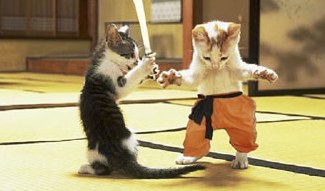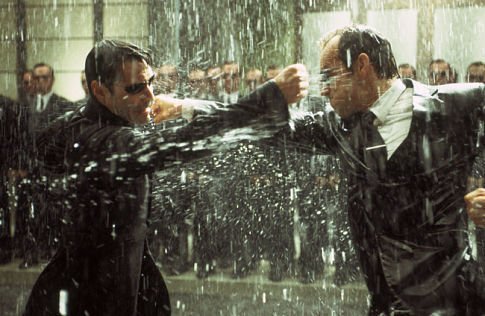Also in the trailer bin with Never Let Me Go this week:
- Writer-director Sofia Coppola examines anew the heavy emotional toll of a life of ridiculous privilege in the first trailer for Somewhere, with Stephen Dorff, Elle Fanning, and Michelle Monaghan. (Its emo-hipster kvetching aside, I’ll still probably see it.)
- Team Narnia returns again with the whole gang in tow — even the nifty witch and the platitudinous Jesus-lion! — in the trailer for Michael Apted’s The Chronicles of Narnia: The Voyage of the Dawn Treader (I remember Treader being one of the better books, but, frankly, this looks as stilted as the last two.)
- Luke Wilson, Giovanni Ribisi, and Gabriel Macht have the bright idea of putting pr0n on the Internet — yes y’all, there is pr0n on the Internet…allegedly — in the Blow-like trailer for George Gallo’s Middle Men, also with James Caan, Jacinda Barrett, Laura Ramsey, and Kevin Pollak. (Eh, it lost me with the dumb Kelsey Grammar bit.)
- And, just when I thought Russell Crowe resurrecting The Equalizer was the most ridiculous, Hollywood-is-broken bit of news I’d hear this week, along comes the teaser for the live-action Smurfs movie, Tone-Loc mash-up and all. Saddest thing is, this will probably make Alvin and the Chipmunks money.




